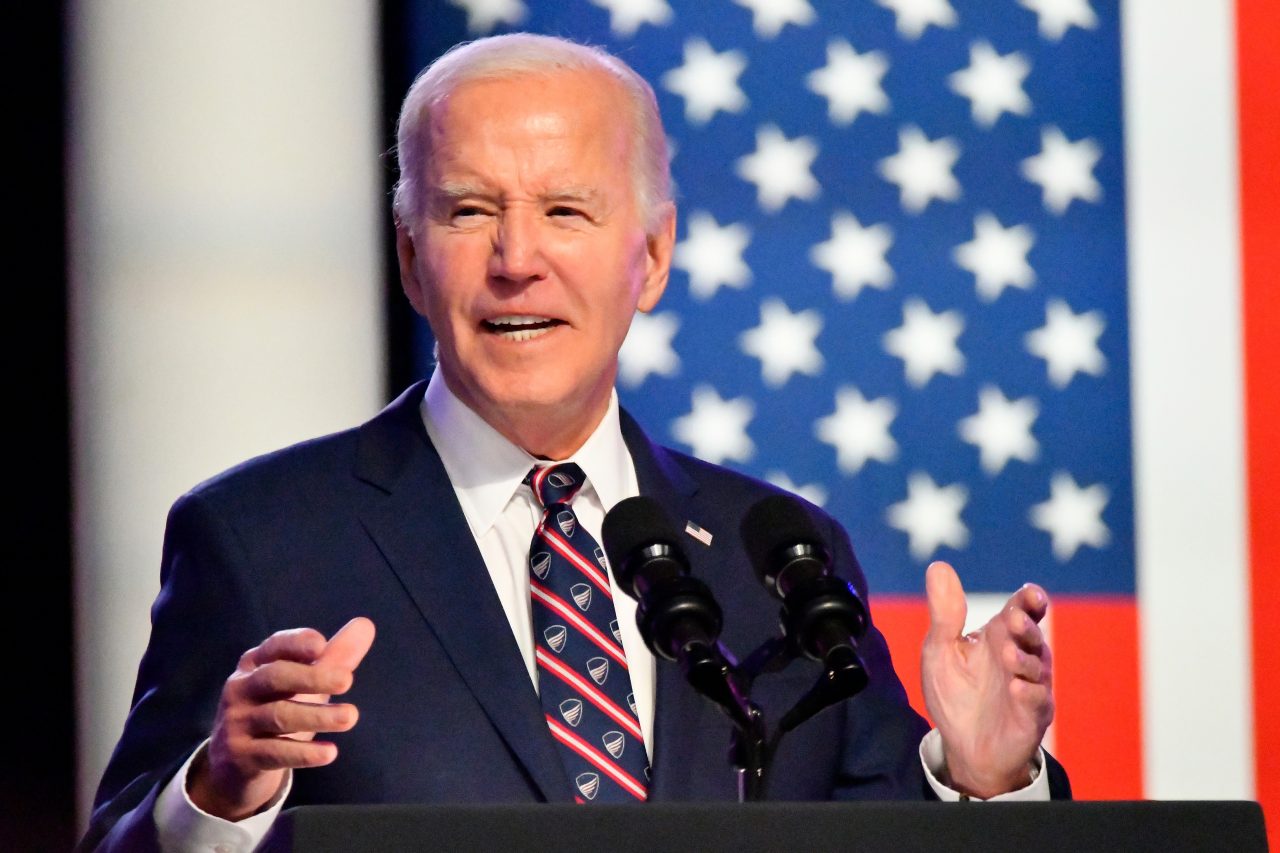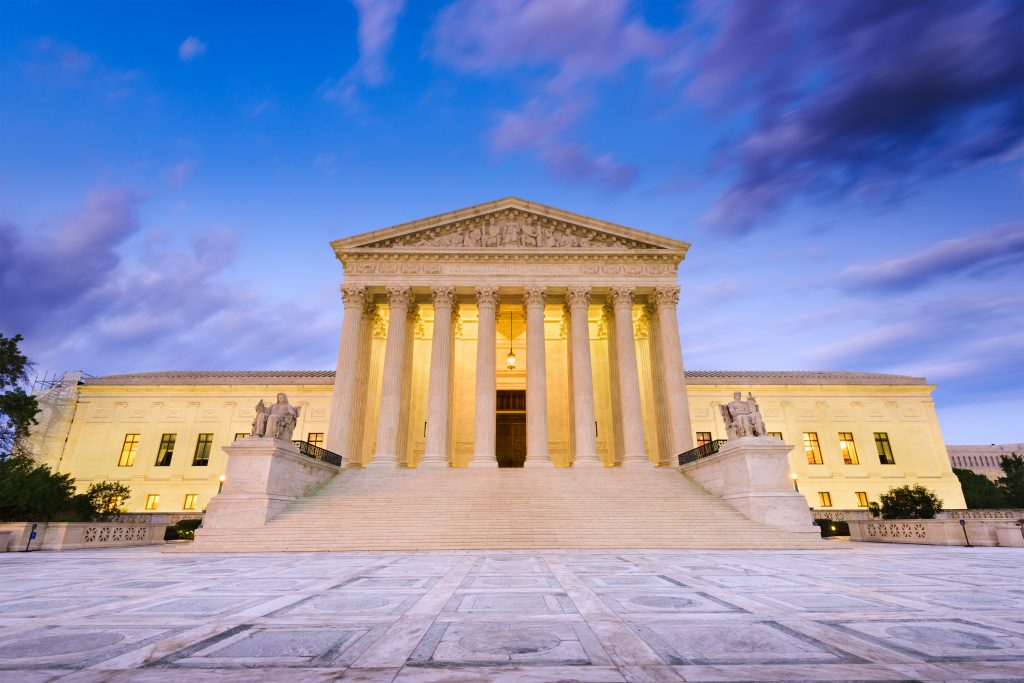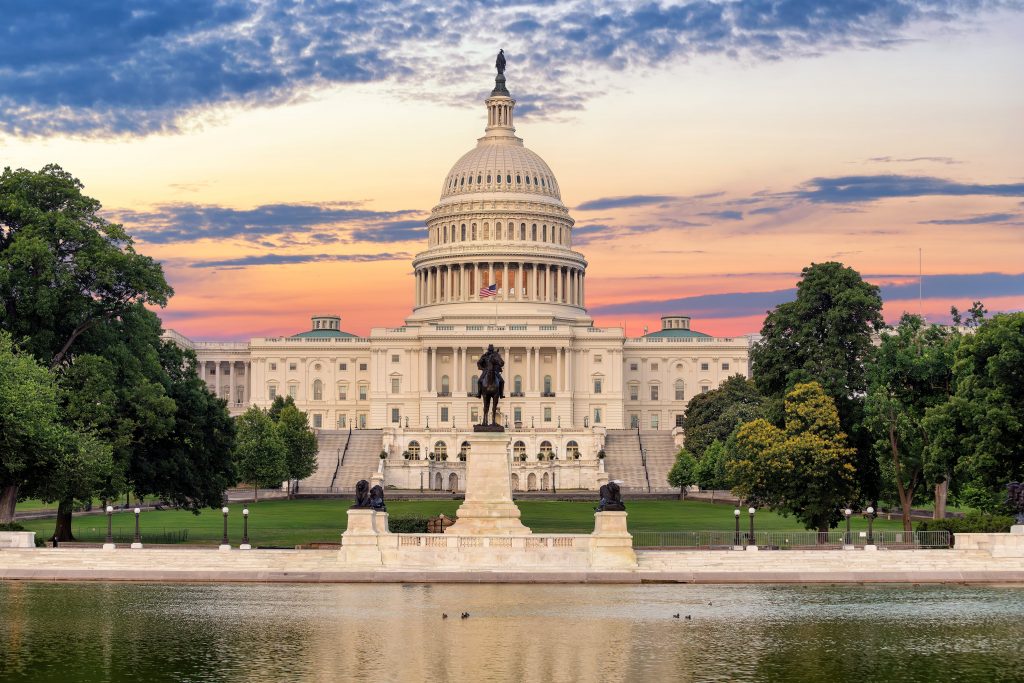
A progressive proposition
The American Supreme Court: Biden proposes “bold” reforms
President Biden announced yesterday, at the 60th anniversary of the signing of the Civil Rights Movement, three Supreme Court reforms that he is encouraging Congress to pass. Biden stressed and proclaimed that he has “great respect for our institutions and the separation of powers.” Public confidence in the courts has been steadily declining; Can people trust the Supreme Court anymore?
Created by: Logan Nunery
Currently in the United States of America, the Supreme Court has heard a handful of important cases. Most notably would be cases like the overturning of Roe v. Wade in June 2022, Donald Trump V. Anderson, and the Donald Trump V. the United States of America. The outcome of these cases have had the Nation divided in controversy

The “No One Is Above the Law” Amendment
The first of the three reforms Biden recommended is a constitutional amendment called the “No One Is Above the Law Amendment,” which would ensure that no president of America is immune from crimes committed while in office. Biden argues that the famous Donald Trump vs. The United States of America case demonstrated that there are virtually no limits on what a president can do criminally, making a dangerous statement against what America was founded on. Biden was quoted saying, “America was founded on a simple yet profound principle: No one is above the law.” Donald Trump has used his presidential status to gain immunity in a number of both federal and state cases against him.
The Introduction of Term limits in the Supreme Court
Biden’s second reform proposal is to introduce term limits on the Supreme Court. Currently, the United States of America is the only major constitutional democracy that rewards lifetime seats in its highest court. Term limits would ensure that court membership changes with at least some regularity and would reduce the chance that any single presidency could influence the court for generations to come. President Biden conducted a bipartisan committee when he was elected in 2020 to investigate the Supreme Court. This report came to be known as the “Presidential Commission on the Supreme Court of the United States.” Based on the report, Biden believes that an 18-year term limit would help ensure the country avoids an extreme court capable of weaponizing agendas.

The need for a “binding code of conduct”
The third reform Biden called for is a binding code of conduct to be upheld against the Supreme Court. He states the current code of conduct is “weak” and “voluntary.” He was quoted saying that Justices should be required to
“disclose gifts, refrain from public political activity, and recuse themselves from cases in which they or their spouses have financial or other conflicts of interest.”
46th US President, Joe Biden.
This comes after notable Supreme Court Justice Clarence Thomas was exposed for accepting luxury trips from Republican billionaire Haralan Crow. In fact, Clarence Thomas has a very impressive record of gifts accepted compared to his fellow Justices, having accepted over $2.4 million in gifts. The judge nearest to him in this regard is Samuel Alito, who has received $170,100 in gifts. This reform would require each Justice to disclose each gift specifically given.

Key reactions
The reactions to the reforms have been mixed. Presumed Democratic presidential nominee and current Vice President Kamala Harris supported the reforms, backing President Joe Biden’s suggestions fully. This shows a sign of strong unity and will in the Democratic Party to get these reforms pushed and signed. Republican House Speaker Mike Johnson said any reforms would be “dead on arrival,” signaling the Republican Party’s resistance to these reforms. It’s important to remember that these are suggested reforms; nothing has been guaranteed yet.
What’s next?
The first reform would need to pass in both the House of Representatives and the Senate, and then several states would have to ratify it as an amendment. For the term and code reforms, both the House of Representatives and the Senate would have to pass them before ultimately going to the President’s desk to be finalized. While this is unlikely to happen due to the Republican Party’s control over the House of Representatives, it’s still a sign of progressive change that many Americans have been advocating for a long time.



